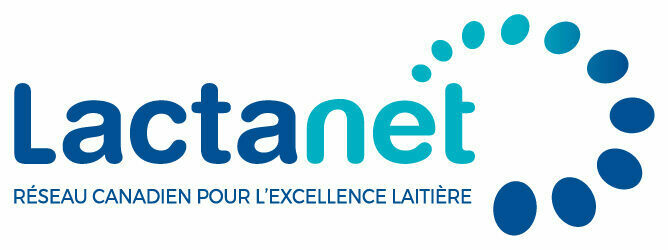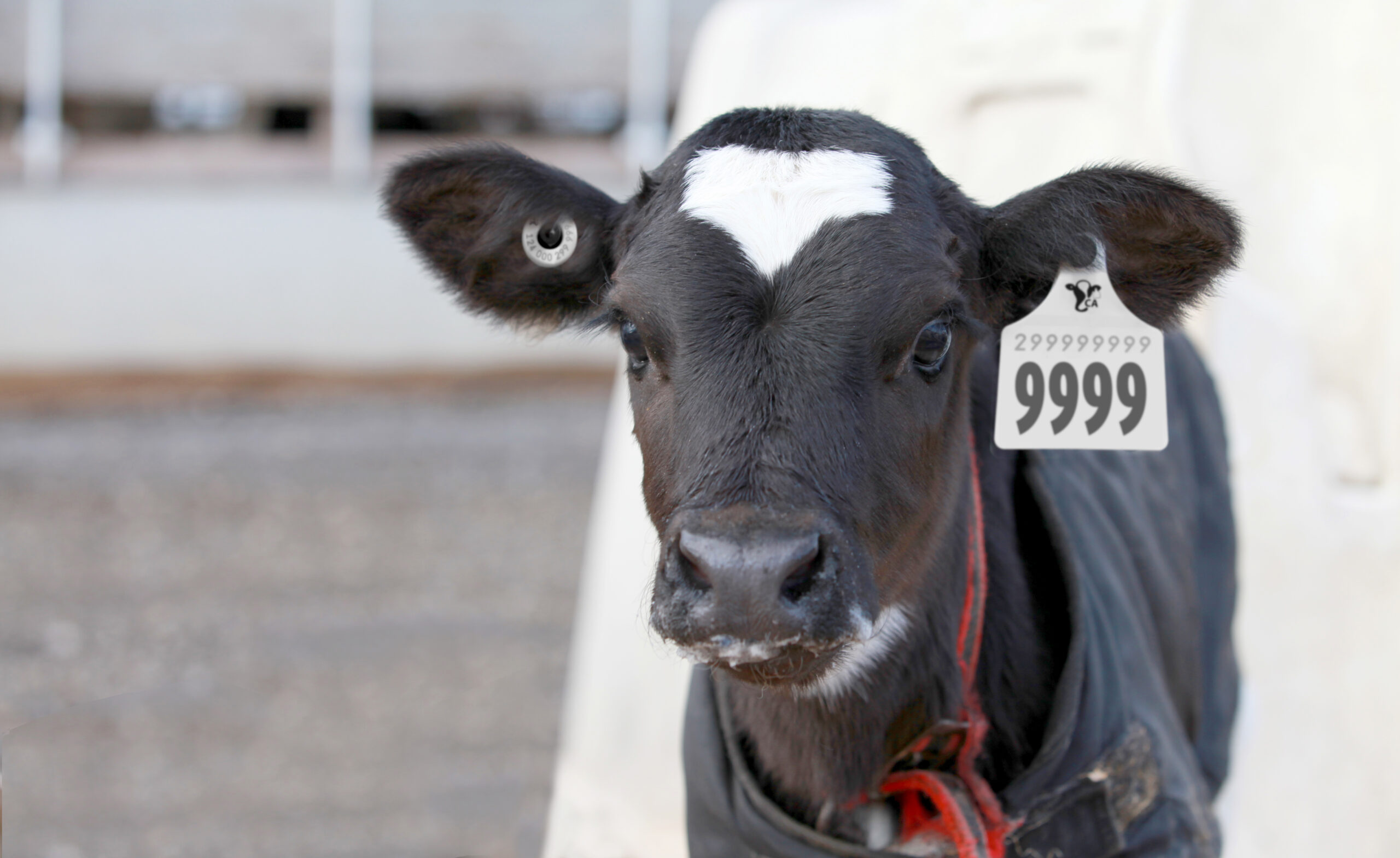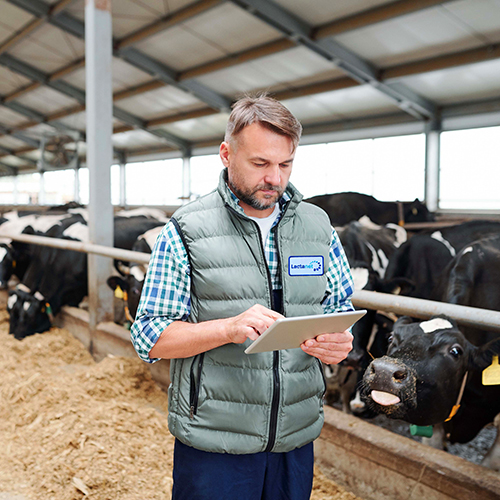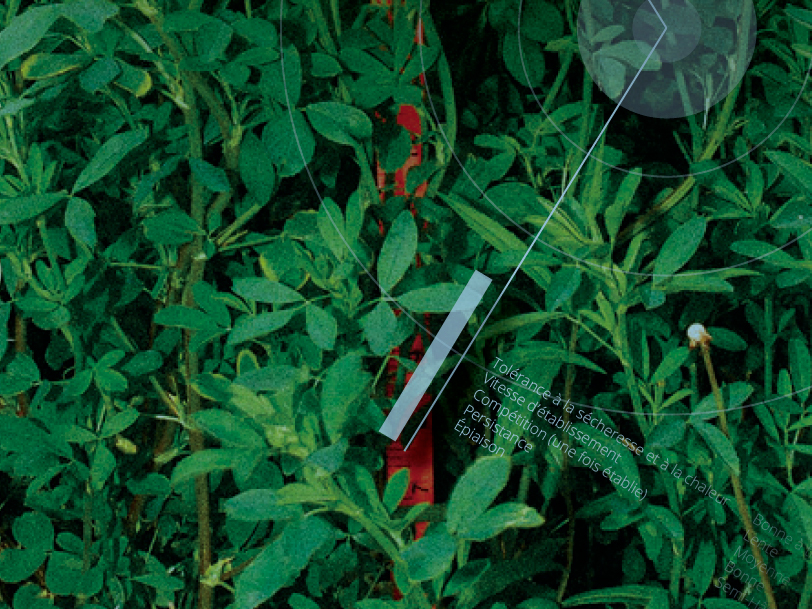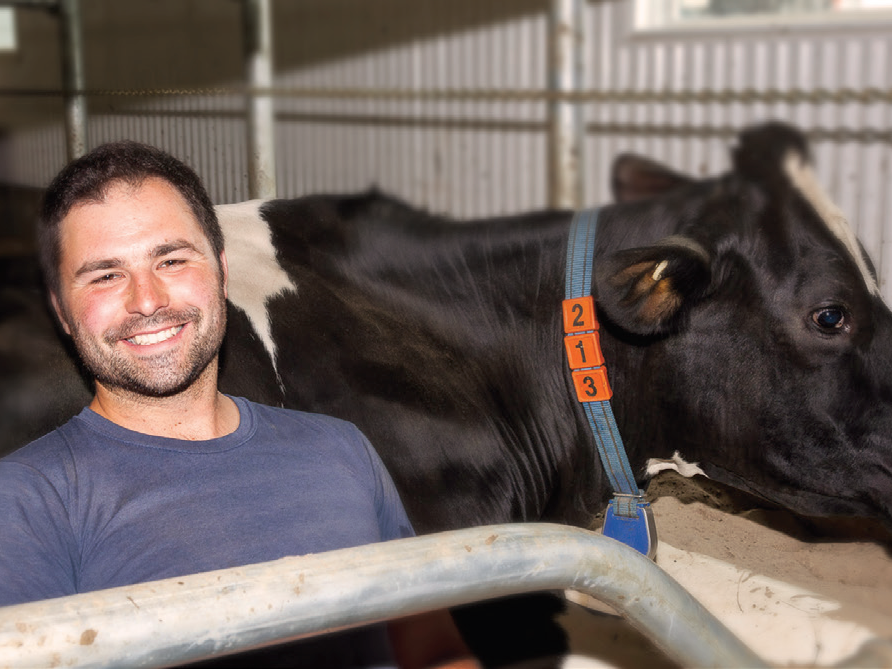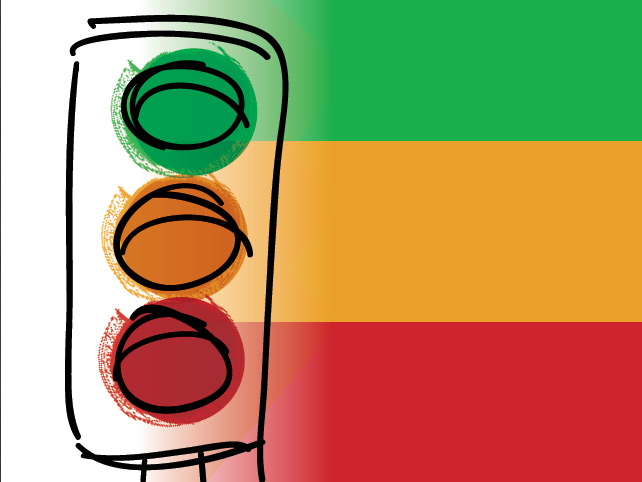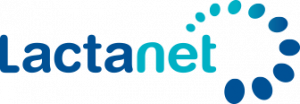DairyTrace: The National Dairy Cattle Traceability Solution
- April 23, 2018
For decades now, the dairy cattle sector has been involved in discussions aiming for a national traceability system. In the province of Quebec, the provincial government (MAPAQ) was progressive in this area by contributing to the establishment of Agri-Traçabilité Québec (ATQ) in 2001. ATQ subsequently developed and implemented a provincial traceability system for various species including cattle. At the national level, Dairy Farmers of Canada (DFC) has been the lead organization representing the dairy cattle sector in the discussions towards a national traceability system. Over the course of the past decade, DFC defined and established a graduated implementation plan for its proAction® Initiative. proAction includes six distinct modules including milk quality, food safety, animal care, biosecurity, traceability and environment.
Components of Traceability
The proAction traceability modules focuses on three pillars that are the foundation of a sound livestock traceability system. The first is a system for recording the unique lifetime identification of each animal, which has been accomplished in the dairy sector through the National Livestock Identification (NLID) program administered by Holstein Canada and by ATQ in Quebec. The second pillar is the unique identification of the various premises where cattle can be located, which includes each farm but also the multitude of locations where cattle are moved to during their lifetime. Within each province, the dairy associations have accomplished this requirement and essentially all premises identification numbers have been assigned and recorded. The third pillar to complete a functional traceability system is the recording of all movements of each animal from premise to premise for its entire life from birth (or import) to death (or export). While this has been achieved in the province of Quebec, the goal is to have a national traceability system across the entire country.
What is DairyTrace?
Over the past decade, the intent of all parties involved was to create a national livestock traceability system, called TraceCanada, for various species including cattle. For various reasons, this solution was abandoned in early 2016 and with the demise of TraceCanada, DFC initiated a process for identifying and evaluating alternative options for a national dairy cattle traceability solution, referred to as DairyTrace. In the end, DFC, the ten provincial associations and other dairy industry partners all supported the recommendation that CDN move toward becoming the approved national administrator for dairy cattle traceability in Canada and implement the DairyTrace vision.
Significant Success Steps
Once the concept of CDN becoming the national administrator for dairy cattle traceability was accepted within the dairy sector, DFC and CDN joined forces in a strong collaborative effort to make this vision a reality. The first important step for realizing the DairyTrace vision was for CDN to submit a formal request to the Canadian Food Inspection Agency (CFIA) to be granted the status of a Responsible Administrator. In September 2017, CFIA confirmed that CDN meets the qualification criteria required to become the national Responsible Administrator for dairy bovine animals in Canada under Part XV of the federal government Health of Animals Regulations. To achieve the official status, an Administrator Agreement must be negotiated and signed between CDN and CFIA.
A second important step for DairyTrace is the development of the required national dairy cattle traceability database and user interface that reflects the requirements defined for the dairy sector, both by Part XV of the Health of Animals Regulations and by the proAction traceability module of DFC. Based on an independent third party assessment of various software solutions available in Canada, it was decided that the DairyTrace system would be built using the AGTWeb platform developed by ATQ. Based on this decision, CDN has signed two agreements with ATQ, one being a license agreement to use AGTWeb and its various functionalities related to traceability and the other to contract ATQ to develop the DairyTrace database and associated tools.
Another important success step for DairyTrace was a formal submission by DFC to Agriculture and Agri-Food Canada (AAFC) for funding the initial stages of the DairyTrace database development. This request was approved under the Growing Forward 2 program for expenses incurred during the period from September 2017 to March 2018. Moving forward, DFC and CDN will collaborate and submit a proposal for continued funding towards the development and implementation of a national dairy cattle traceability system under the Canadian Agricultural Partnership (CAP) program of AAFC.
DFC and CDN have also developed and approved a DairyTrace Program Charter that outlines the governance structure and main areas of activity as well as the expected deliverables of the DairyTrace Program. The spectrum of DairyTrace activities that fall under the responsibility of CDN include (a) administration and coordination of the program including reporting to CFIA, (b) management of all data collected for the national traceability solution, (c) customer services, especially to dairy producers, (d) ordering and distribution of tags via NLID and ATQ, and (e) communication and training of producers and industry personnel. In February 2018, the CDN Board of Directors approved the establishment of its new DairyTrace Advisory Committee, the associated terms of reference and its membership, which includes representatives from the Boards of Directors of CDN and DFC, industry partner organizations and four regional representatives from provincial dairy associations.
Path Forward
National traceability for the dairy sector is a team effort. The DairyTrace vision includes CDN as the legal administrator for dairy cattle traceability across the country, accountable to the federal government through CFIA. To fulfill its obligations, CDN intends to establish data exchange agreements with other organizations involved with cattle traceability, namely the Canadian Cattle Identification Agency (CCIA) and ATQ. DFC is responsible for its proAction initiative, which includes defining the requirements of dairy cattle traceability in Canada. Holstein Canada and ATQ are responsible for the distribution of tags for animal identification and the provincial dairy associations maintain the system for accurate premises identification. CanWest DHI and Valacta are service providers to facilitate the required recording and reporting of traceability declarations, including tag activation at birth (or import), animal movements and tag retirements at death (or export). The federal government is an important supporting partner via its funding programs.
While progress towards the successful realization of the DairyTrace vision has been positive to date, there are still several steps and deliverables to be achieved. For this reason, it is not currently possible to define a specific timeline for when DairyTrace will be functional. In the meantime, Canadian dairy producers are encouraged to continue reporting traceability declarations to the ATQ database (SimpliTrace) in Quebec and to the CCIA database (CLTS) for the other provinces.
